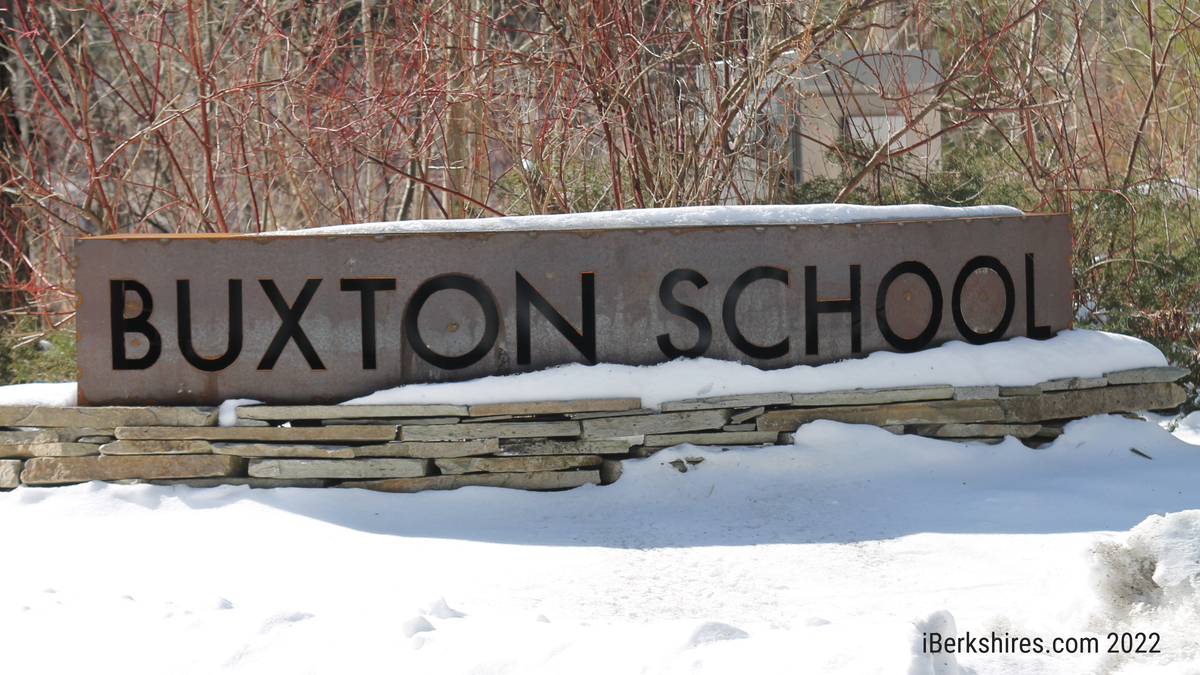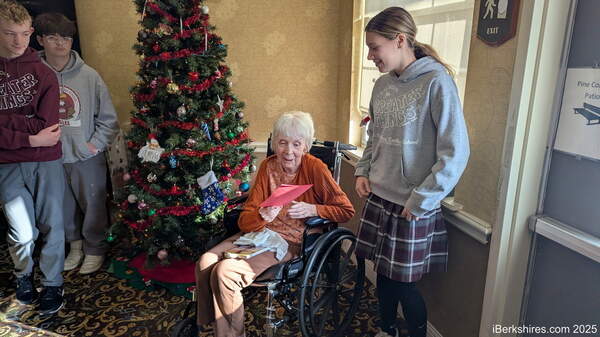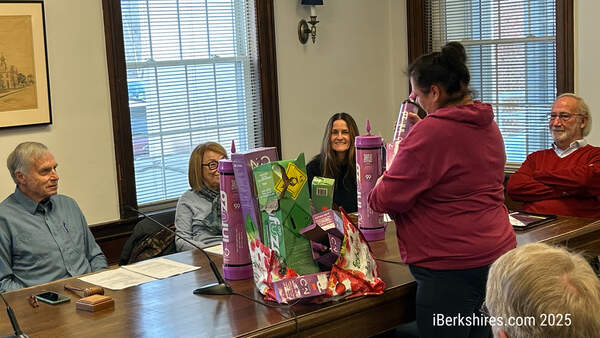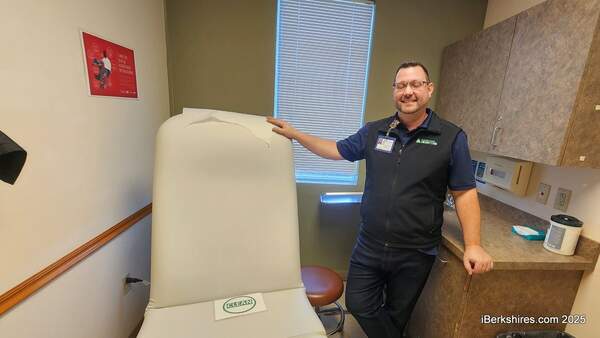
Buxton School to Ban Smartphones for Wellness of Students
WILLIAMSTOWN, Mass. — Beginning next school year, Buxton School will no longer allow smartphones on campus.
This decision, though it was made for various reasons, mostly considers the well-being of students and community building. The private boarding school positions itself as a progressive institution with egalitarian principles that strays from the status quo and believes the ban is a necessary move.
"As part of the progressive ideal, we feel like the best teaching tool we have is the community that we make together every year," Franny Shuker-Haines, director emeritus of the school, said.
"It's a really powerful way for kids to learn sort of their effect and their power and kind of how they can make the community they are in better, and we feel that smartphones have increasingly distracted all of us from that project."
Teachers will also detach from smartphones by leaving them at home.
Students and families were notified of the upcoming policy change in early February and it will go into effect at the start of the upcoming school year in the fall.
The school will not be cut off from the internet, as computers will still be permitted along with non-internet-enabled phones such as flip phones or light phones. If students are unable to access such phones, Buxton will provide assistance.
"It's really about the way that smartphones, they're really designed for an immediate sort of action and reaction," Shuker-Haines said. "So we're trying to just slow that down a little."
She added that they are aware of a few other schools that are enacting similar policies.
Buxton is a small boarding and day college preparatory school for Grades 9-12. It usually has around 65 to 80 students with about 10 of them being day students who live in the region.
She explained that the smartphone ban has been in consideration for about three years. Progress was slowed when the COVID-19 pandemic hit and the campus had to be shut down in spring 2020.
At the time, it wasn't possible because school was being conducted over Zoom. This year, Buxton officials felt that it has reached a new level of stability because the population is vaccinated and the omicron variant is hopefully on its way out.
The increased use of social media during the pandemic solidified the need to disconnect on campus. On top of the stress that COVID has imposed, it is widely known that social media has negative effects on teens.
"The Surgeon General has said and there have been many articles around about how there's a mental health crisis among young people, particularly teenagers," Shuker-Haines said.
"And we feel pretty strongly that smartphones contribute to that mental health crisis and to people's sense of anxiety."
She added that the school wants to take a stand for what it believes — and others have backed up — is healthiest for young people. That is being in a community where they matter, where they are known by peers and adults well, and where they are living in the context of community.
And what was the reaction to the news? The older students have felt less impacted than the younger students and staff, parents, and alumni are enthusiastic about the ban, according to Shuker-Haines.
"It's kind of a mixed reaction, but people definitely coming around we had a ton of conversations about this since we announced it," Shuker-Haines said.
"And that's kind of a very Buxton way of doing things, we talk a lot about a lot of things."
While the school often tries to make decisions as a community, this was a decision that the faculty made, she said, because they knew it was the right thing to do.
Tags: phone,















